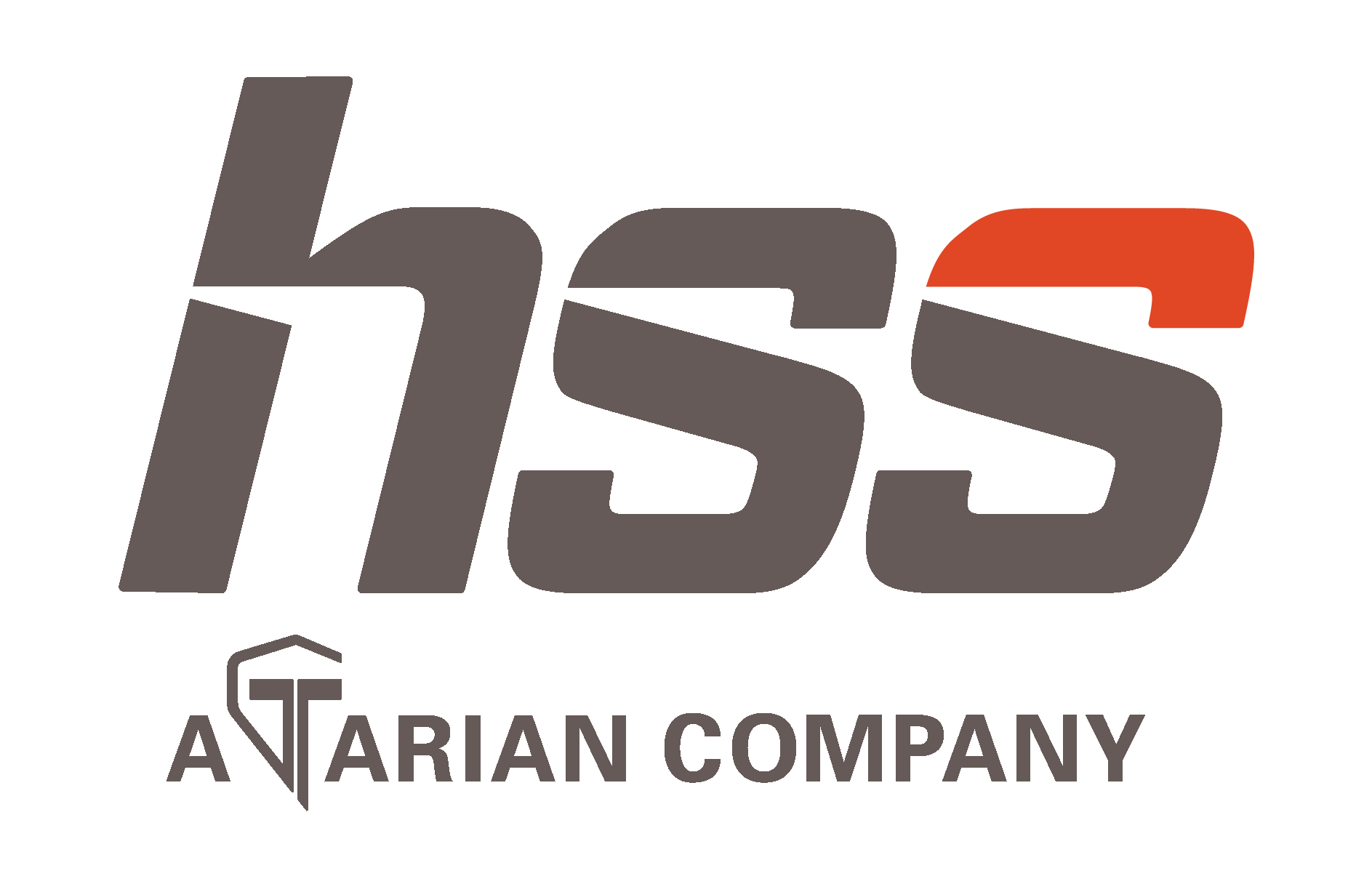The Importance of Hospital Incident Command System (HICS) Training
In the event of an emergency, a well-coordinated response is crucial to ensure the safety and well-being of both patients and healthcare providers. This is where Hospital Incident Command System (HICS) training plays a vital role. HICS is a standardized management system that enables hospitals to effectively respond to emergencies and incidents, ensuring a seamless coordination of resources, personnel, and communication. Here are some reasons why HICS training is essential:
Efficient Resource Management: During emergencies, hospitals face an increased demand for resources such as medical supplies, personnel, and equipment. HICS training equips hospital staff with the skills and knowledge to effectively manage and allocate these resources. By using a standardized system, hospitals can prioritize and distribute resources based on the severity of the situation, ensuring that critical needs are met promptly.
Enhanced Communication and Coordination: In a crisis situation, clear and efficient communication is vital. HICS training provides healthcare providers with a common language and communication protocols to ensure effective coordination among different departments and agencies involved in the response. This enables real-time sharing of information, prompt decision-making, and seamless collaboration, ultimately leading to better patient care and outcomes.
Streamlined Incident Command Structure: HICS training establishes a hierarchical incident command structure within hospitals, ensuring clear roles and responsibilities for each staff member involved in the response. This structure enables efficient decision-making, delegation of tasks, and coordination of efforts. By following a standardized command structure, hospitals can respond quickly and effectively, minimizing confusion and maximizing the use of available resources.
Preparedness for Various Emergencies: HICS training prepares hospitals for a wide range of emergencies, including natural disasters, mass casualty incidents, infectious disease outbreaks, and acts of terrorism. By conducting regular training exercises and simulations, healthcare providers become familiar with the protocols and procedures specific to each type of emergency. This preparedness allows hospitals to respond swiftly and efficiently, potentially saving lives and reducing the impact of the emergency.
Continuous Improvement and Learning: HICS training is not a one-time event but an ongoing process. It allows hospitals to identify areas for improvement and learn from past experiences. After each emergency response, hospitals can conduct debriefings and evaluations to assess their performance, identify strengths and weaknesses, and implement necessary changes. This continuous improvement cycle ensures that hospitals are better prepared for future emergencies and can continually enhance their response capabilities.
In conclusion, Hospital Incident Command System (HICS) training is vital in the event of an emergency for hospitals. It enables efficient resource management, enhances communication and coordination, establishes a streamlined incident command structure, prepares for various emergencies, and promotes continuous improvement and learning. By investing in HICS training, hospitals can ensure a well-coordinated and effective response during critical situations, ultimately saving lives and mitigating the impact of emergencies.
Please contact Seth K. Karnes skarnes@hss-us.com (720) 641-5209 with HSS today to learn more.














